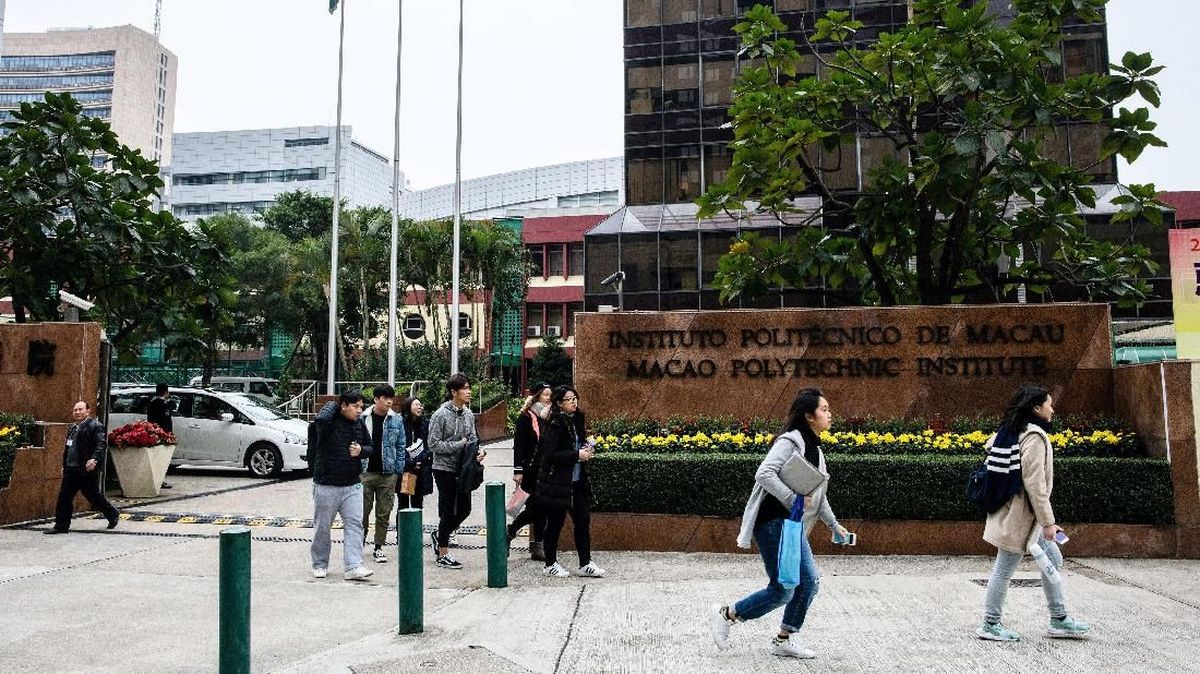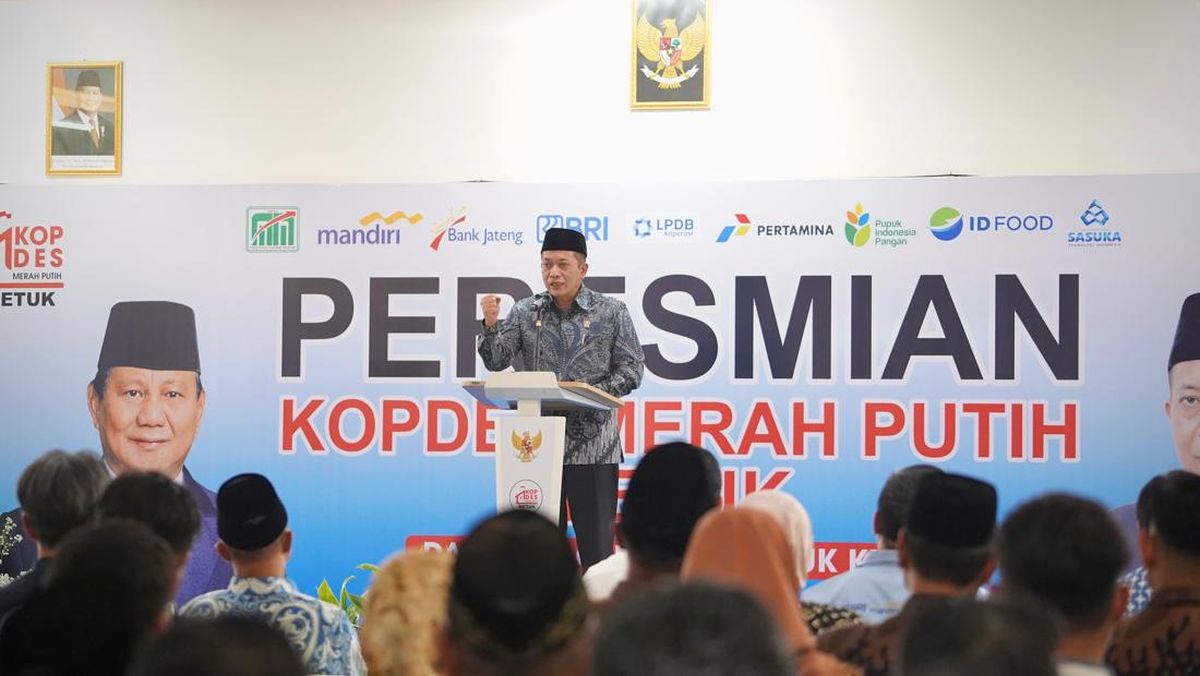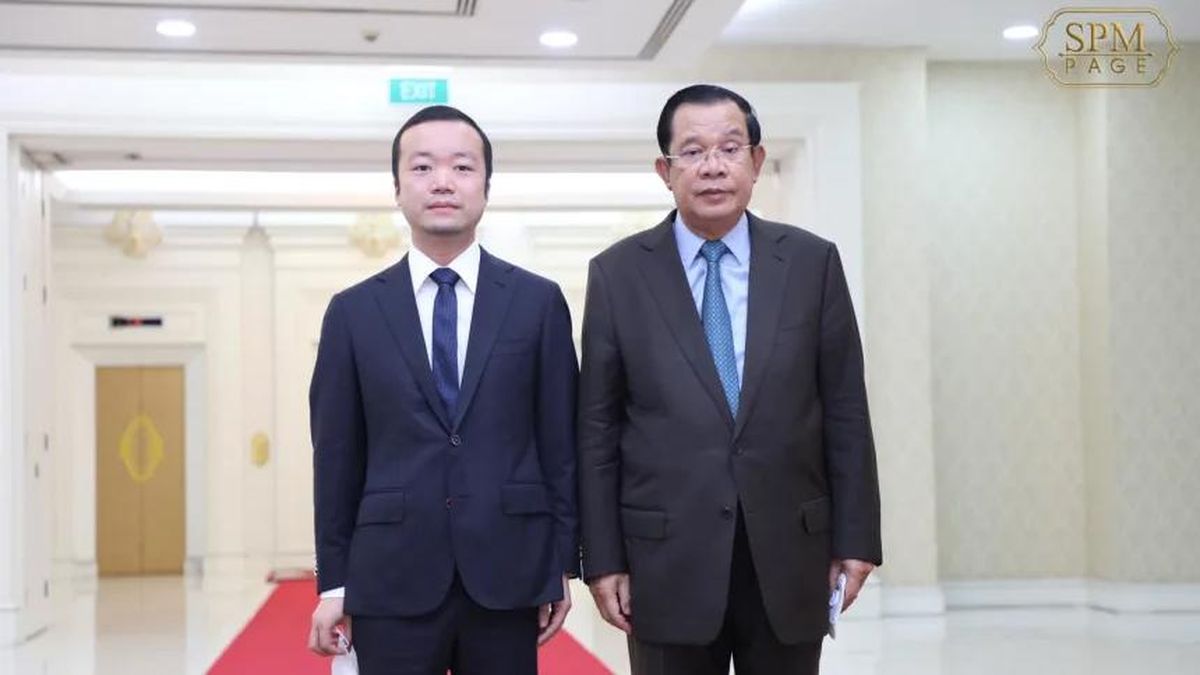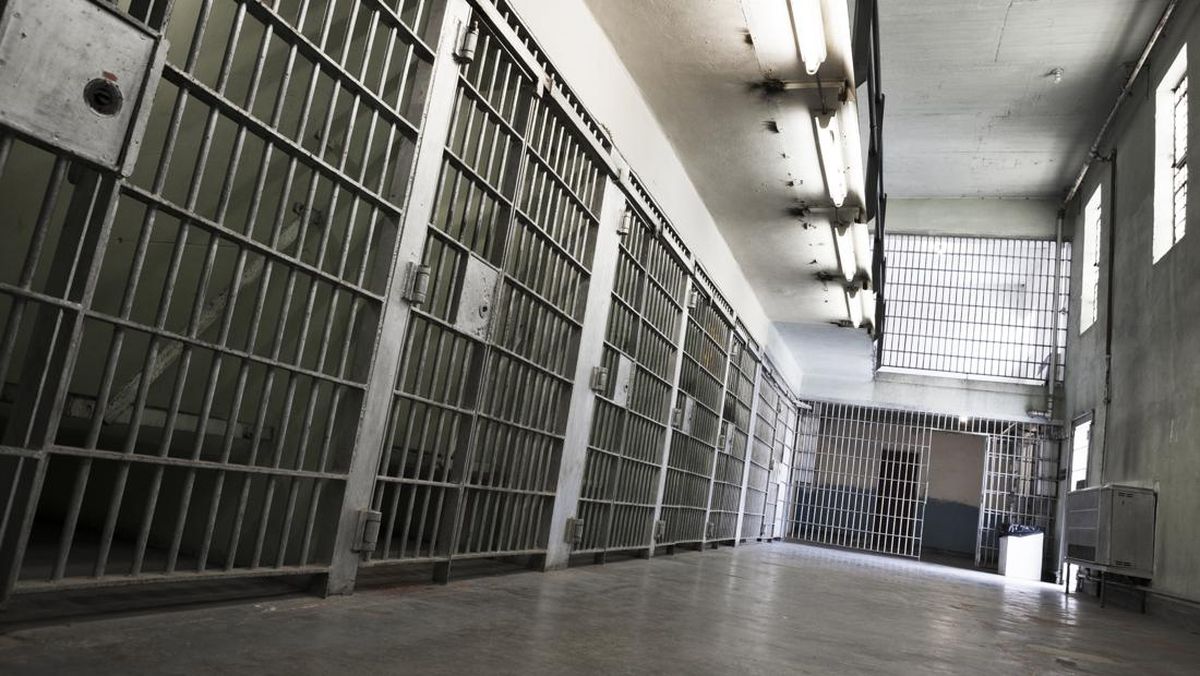Australia is headed for a $27 billion collapse in income from two of its biggest exports – liquefied gas and iron ore – as Donald Trump’s trade war with China deepens fears for the global economy and stifles demand for commodities.
The outlook for some of Australia’s largest mining and energy companies has deteriorated since April, when the United States imposed across-the-board tariffs at much higher rates than many had been expecting, leading to increased uncertainty and lower global growth forecasts.

Donald Trump and Anthony Albanese. The US president issued Australia a comparatively low tariff rate of 10 per cent.Credit: Marija Ercegovac
While Trump gave Australia the minimum baseline tariff rate of 10 per cent, the fallout for the country is expected to be wider-reaching as the biggest Asian buyers of Australia’s natural resources, particularly China, face much higher US tariffs amid an already sluggish time for their economies.
“Rising trade barriers – and uncertainty over how high these barriers will settle – have disrupted trade between the US and its major partners and caused businesses and consumers to adopt a ‘wait-and-see’ approach,” the Department of Industry, Science and Resources says in its latest export forecast report, to be released on Monday.
“The associated uncertainty is likely to impinge on world commodity demand, as the nations that Australia supplies are impacted.”
Australia is the world’s largest exporter of iron ore – the raw ingredient that is turned into steel in giant blast furnaces – and one of the top shippers of liquefied natural gas to countries in Asia that need the fuel to keep the lights on and to power their factories.

Prices for Australian cargoes of LNG in Asia have fallen from record levels.Credit: AP
However, as prices continue easing, the revenue earned from those commodities is now projected to decline more sharply than the government had been expecting just three months ago: iron ore earnings are set to fall by $20 billion – from $116 billion to $96 billion – within two years, while LNG is on track to fall from $60 billion to $53 billion.
“The near-term outlook for Australian resources and energy exports has softened as rising trade barriers hurt the world economy,” the department says in the report.
In China, the top consumer of Australian iron ore by far, the tariffs come at a difficult time: steel production levels are already weakening amid a protracted downturn in the nation’s property sector, reducing the profits of ASX-listed mining giants BHP and Rio Tinto.
Loading
Australia’s top LNG shippers, including Woodside Energy and Santos, meanwhile, are facing the risk of slumping prices from 2027 when massive new LNG projects begin production in the US and Qatar.
As Australia is a major trading nation, steeper than expected falls in the prices of both commodities will leave a significant dent in state and federal government coffers, which rely heavily on mining and gas royalties.
Overall, total export earnings from Australia’s energy and mining sectors are expected to fall by $33 billion – from $385 billion to $352 billion – by 2026-27, the department says.
Loading
One bright spot for the nation’s export revenue, however, is the surging price of gold, which reached a record high in the June quarter of more than $US3400 ($5200) an ounce.
The price of the yellow metal, widely seen as a safe haven commodity where investors store wealth during times of political and economic uncertainty, has been rallying this year on the back of the US-China tariff war, worries about the US fiscal outlook and conflicts in the Middle East and Ukraine.
With prices tipped to remain above $US3000 an ounce, gold is set to overtake metallurgical coal as Australia’s third-biggest export earner behind LNG and iron ore next year.
Resources Minister Madeleine King said exports of gold, as well as copper and lithium – two key metals needed in batteries and electrical wiring to power the global shift to cleaner energy – were “partially offsetting” the impact of lower iron ore and LNG prices.
Despite falling revenue, export volumes were on track to edge higher over the next two years, which would support jobs and the Australian economy, King said.
“Australia remains a trusted and reliable supplier of resources and energy to the world at a time of ongoing global uncertainty,” she said.
The Business Briefing newsletter delivers major stories, exclusive coverage and expert opinion. Sign up to get it every weekday morning.
Most Viewed in Business
Loading


















































